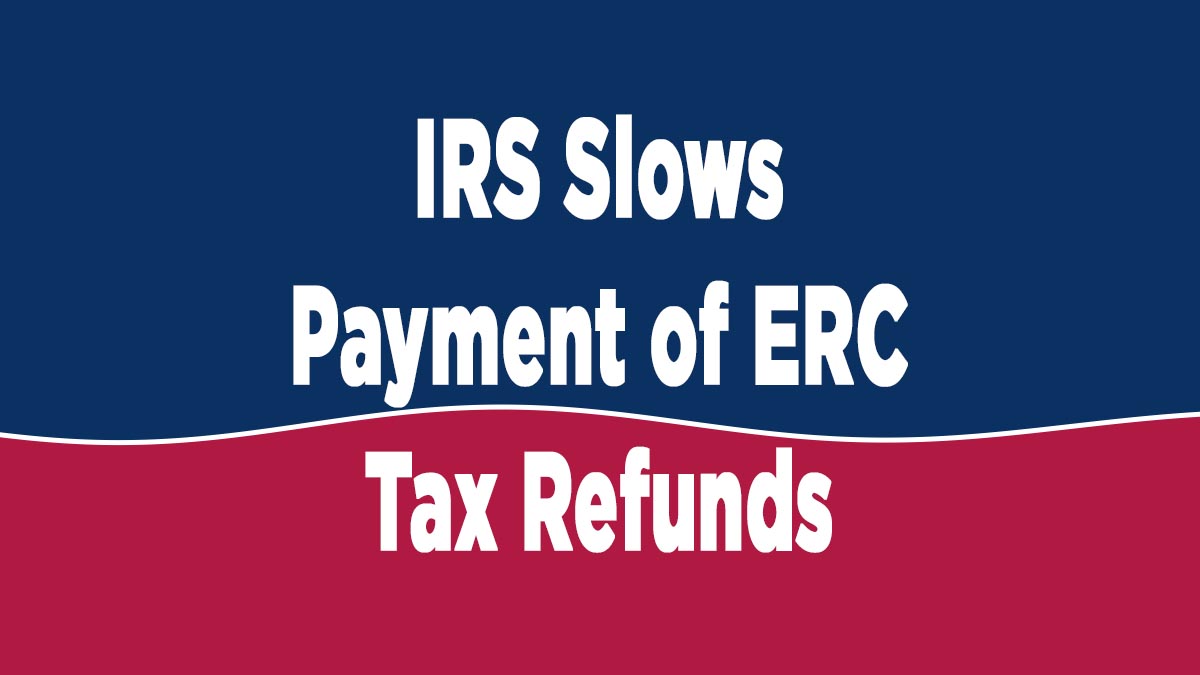UPDATE- On 1/13, the Supreme Court ruled 6-3 to temporarily block enforcement of OSHA’s COVID-19 emergency temporary standard. Click here for more on the ruling.
Since this is still a temporary block, FCA International is keeping the below information on the ETS enforcement up in case it is reinstated.
- OSHA officially began enforcement of its Emergency Temporary Standard on Jan. 10, which requires all workers for companies with 100+ employees either be fully vaccinated or submit to weekly COVID-19 testing.
- OSHA announced that while it was beginning enforcement of the ETS now, it would not begin enforcing the “vaccination or testing” portion of the rule until Feb. 9.
- The Supreme Court heard oral arguments on Jan. 7 as to whether the court should reinstate the injunction preventing OSHA from enforcing its ETS. It is unknown how or when the Court will rule.
Nevertheless, as of today, the Court has not issued any order preventing OSHA from enforcing its ETS.Which means that, for the time being, the OSHA ETS is currently in effect.The OSHA ETS is currently blocked from being enforced.- Read on for more information on who’s covered by the rule and steps affected contractors should take.
Who’s Covered?
First, the OSHA ETS Rule applies only to employers with 100 or more employees. The 100-employee threshold is “enterprise wide” (and not location-by-location) and includes full-time, part-time and seasonal employees. However, for employers with fewer than 100 employees, the OSHA ETS Rule does not apply.
Second, in states with “state OSHA plans,” it is the state OSHA agency that is responsible for adopting and enforcing the safety standards. After the “stay” was lifted, OSHA gave state agencies until January 24 to either (a) adopt the federal OSHA ETS Rule or (b) adopt alternative regulations that are “at least as” effective as the federal OSHA ETS Rule.
The states with “state OSHA plans” that apply to private-sector workers, include: Alaska, Arizona, California, Hawaii, Indiana, Iowa, Kentucky, Maryland, Michigan, Minnesota, Nevada, New Mexico, North Carolina, Oregon, Puerto Rico, South Carolina, Tennessee, Utah, Vermont, Virginia, Washington, and Wyoming.
Covered employers in states without a state-run OSHA plan, including Iowa, North Dakota, South Dakota, and Wisconsin, must comply with the OSHA ETS Rule in accordance with the January 10 and February 9 deadlines. In these states, federal OSHA is responsible for enforcing workplace safety standards.
Here are the Steps Affected Contractors Should Take (IF THE RULE IS REINSTATED):
- Establish a written COVID-19 vaccination policy that includes information on testing and face coverings.
- Obtain vaccination records from employees.
- Provide certain information to employees on COVID-19 vaccines and the requirements of the OSHA ETS Rule.
- Provide up to 4 hours of paid time off for employees to receive the COVID-19 vaccine during working time and up to 16 hours of paid time off to recover from side effects experienced following any COVID-19 vaccine dose.
- Require employees to promptly notify their employer of a positive COVID-19 test or COVID-19 diagnosis and promptly remove the employee from the workplace.
- Comply with certain notice requirements when there is a positive COVID-19 case and reporting to OSHA when there is an employee work-related COVID-19 fatality or hospitalization.
What’s Next?
The Supreme Court issued a ruling on Jan. 13 blocking OSHA from enforcing its COVID-19 ETS. During oral arguments last week, a majority of the justices appeared to support a temporary order preventing OSHA from enforcing its rule while the Court issued its decision. There are still several cases pending against the ETS, and it could still be reinstated as those cases play out.
Bottom Line
The Supreme Court ruled to block OSHA from enforcing the OSHA ETS Rule against employers with 100 or more employees. As a result, covered employers do not need to comply with OSHA ETS Rule unless it is reinstated. Stay tuned – FCA International will keep you updated on this situation as it develops.





Leave a Reply